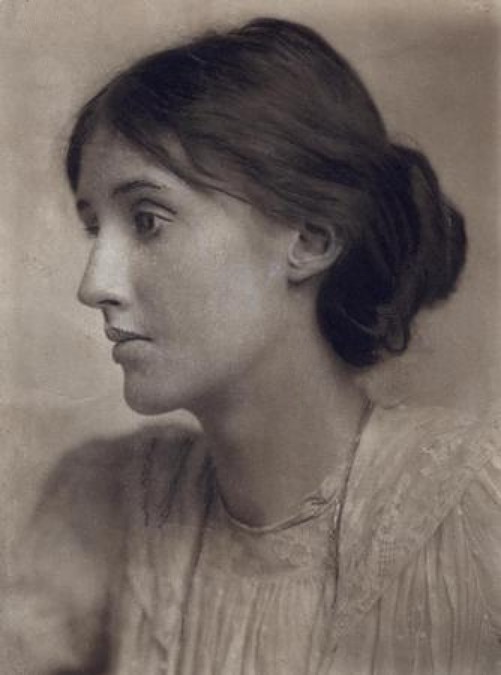Virginia Woolf Quotes
Without those forerunners, Jane Austen and the Brontes and George Eliot could no more have written than Shakespeare could have written without Marlowe, or Marlowe without Chaucer, or Chaucer without those forgotten poets who paved the ways and tamed the natural savagery of the tongue. For masterpieces are not single and solitary births; they are the outcome of many years of thinking in common, of thinking by the body of the people, so that the experience of the mass is behind the single voice.
So he was deserted. The whole world was clamouring: Kill yourself, kill yourself, for our sakes. But why should he kill himself for their sakes? Food was pleasant; the sun hot; and this killing oneself, how does one set about it, with a table knife, uglily, with floods of blood, - by sucking a gaspipe? He was too weak; he could scarcely raise his hand. Besides, now that he was quite alone, condemned, deserted, as those who are about to die are alone, there was a luxury in it, an isolation full of sublimity; a freedom which the attached can never know.
But when the self speaks to the self, who is speaking?—the entombed soul, the spirit driven in, in, in to the central catacomb; the self that took the veil and left the world—a coward perhaps, yet somehow beautiful, as it flits with its lantern restlessly up and down the dark corridors.
For Heaven only knows why one loves it so, how one sees it so, making it up, building it round one, tumbling it, creating it every moment afresh; but the veriest frumps, the most dejected of miseries sitting on doorsteps (drink their downfall) do the same; can’t be dealt with, she felt positive, by Acts of Parliament for that very reason: they love life.
What is meant by "reality"? It would seem to be something very erratic, very undependable—now to be found in a dusty road, now in a scrap of newspaper in the street, now a daffodil in the sun. It lights up a group in a room and stamps some casual saying. It overwhelms one walking home beneath the stars and makes the silent world more real than the world of speech—and then there it is again in an omnibus in the uproar of Piccadilly. Sometimes, too, it seems to dwell in shapes too far away for us to discern what their nature is. But whatever it touches, it fixes and makes permanent. That is what remains over when the skin of the day has been cast into the hedge; that is what is left of past time and of our loves and hates.
Dearest,
I want to tell you that you have given me complete happiness. No one could have done more than you have done. Please believe that.
But I know that I shall never get over this: and I am wasting your life. It is this madness. Nothing anyone says can persuade me. You can work, and you will be much better without me. You see I can't write this even, which shows I am right. All I want to say is that until this disease came on we were perfectly happy. It was all due to you. No one could have been so good as you have been, from the very first day till now. Everyone knows that.
V.

